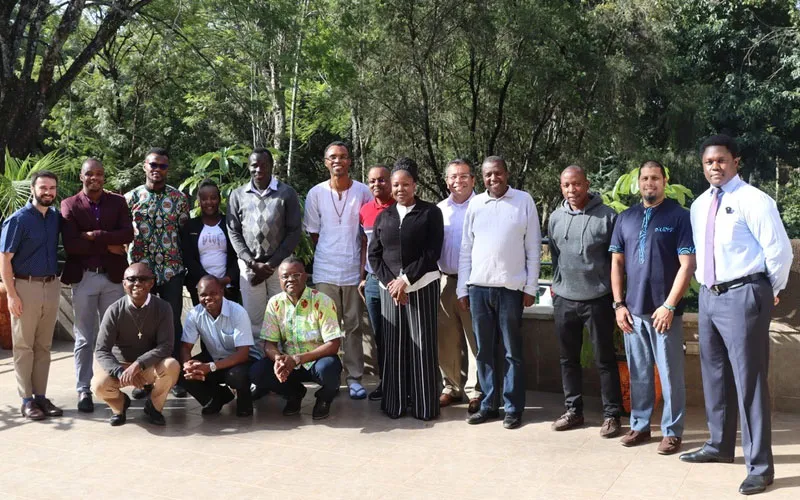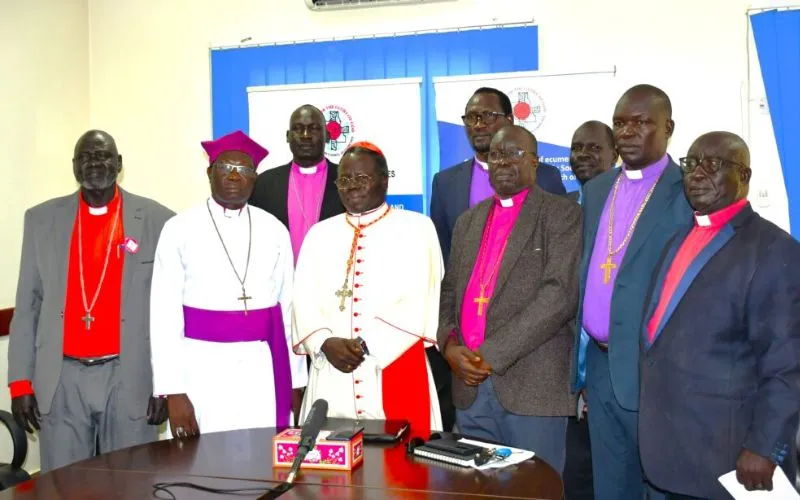Lusaka, 28 January, 2022 / 9:17 pm (ACI Africa).
African countries have plunged into an extreme financial crisis owing to the effects of the COVID-19 pandemic, officials of the Jesuit Conference of Africa and Madagascar (JCAM) have said, and called for increased global financing to support post-pandemic recovery efforts on the continent.
The leadership of the Jesuit Justice and Ecology Network – Africa (JENA), a department of JCAM, observed that in order to sufficiently recover from the harsh impacts of the COVID-19 shock, Sub-Saharan Africa needs “massive financial resources”.
“The continent needs resources to invest in vaccination, human capital development (health, education and social protection), in rural and urban infrastructure (power, digital and transport), and in businesses that create shared value and prosperity for all especially through decent jobs,” JENA Director, Fr. Charles Chilufya, says in a report he shared with ACI Africa Friday, January 28.
Fr. Chilufya who is also the Coordinator of the Africa Task Force of the Vatican COVID-19 Commission compiled the report following a two-day workshop that brought together representatives of JENA member organizations in Nairobi to discuss financing for post-COVID-19 recovery in Sub-Saharan Africa.
JENA representatives from Kenya, Democratic Republic of Congo (DRC), Ghana, Tanzania, Zambia, and Zimbabwe took part in the workshop that was held at the Jesuit Africama House in Nairobi.








